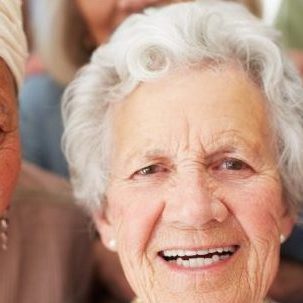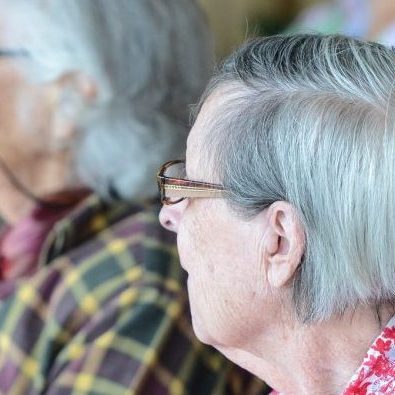 A first-of-its-kind study will investigate how Australia’s burgeoning aged care sector can enhance service delivery to cover a wider demographic of gender and sexual diversity.
A first-of-its-kind study will investigate how Australia’s burgeoning aged care sector can enhance service delivery to cover a wider demographic of gender and sexual diversity.
Led by Southern Cross University’s Professor Mark Hughes, the Co-creating rainbow-inclusive care for gender and sexually diverse people in residential aged care research project is set to break new ground by developing a best-practice inclusive model.
The Australian government funds the five-year, $999,533 study through the Medical Research Future Fund’s Models of Care for Sexuality and Gender Diverse People and People with Innate Variations of Sex Characteristics Grant.
Southern Cross University will collaborate with four other major Australian universities, residential aged care providers, peak aged care and LGBTQ+ organisations, and the LGBTQ+ community.
Professor Hughes said many aged care organisations were keen to improve service delivery following reports of discrimination and poor service emerging from the Royal Commission into Aged Care Quality and Safety. The Royal Commission found inclusive service provision was essential to providing a safe, supported environment for people from diverse backgrounds.
“This generation of LGBTQ+ older people has experienced prejudice and considerable hardship over many decades – not least during the HIV/AIDS crisis – and they deserve to be treated with respect and dignity when accessing aged care services,” said Professor Hughes.
“The fact that many LGBTQ+ people don’t have adult children to support them in older age is also a concern. Many have close friends who take on that role, but the current residential aged care system does not sufficiently support LGBTQ+ people to stay connected to their friends and communities.”
Other factors to be assessed include: impacts of casualisation of the aged care workforce; the high number of aged care staff who are migrants from non-English-speaking backgrounds; and faith-based organisations operating a large proportion of residential aged care facilities.
“Working collaboratively with faith-based service providers will be key to the success of this research,” said Professor Hughes. “This is how we’ll build sector support and knowledge into the inclusive aged care model and the guidelines and resources for all organisations to use in the future.
“It’s a much-needed project that will create impactful change for our increasingly ageing and diverse population, and I’m honoured to be part of it.”
The team will engage LGBTQ+ people and other stakeholders to co-design a model for inclusive care within residential aged care facilities and guidelines and resources to support service providers in implementing that model.
This will be trialled in up to 19 residential aged care facilities within Queensland and Western Australia. The findings from the trial will be evaluated to refine the model further and distributed nationally.


